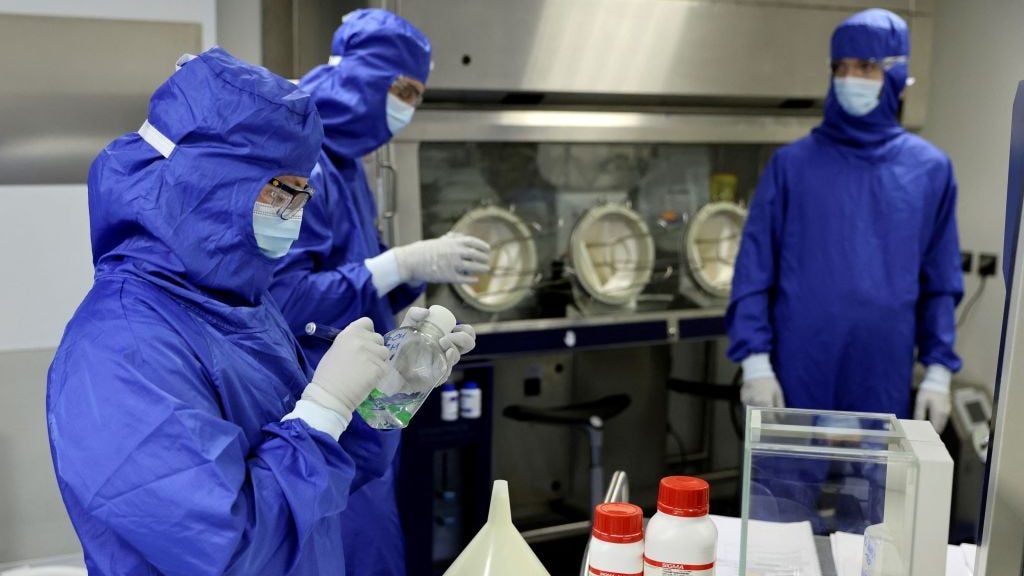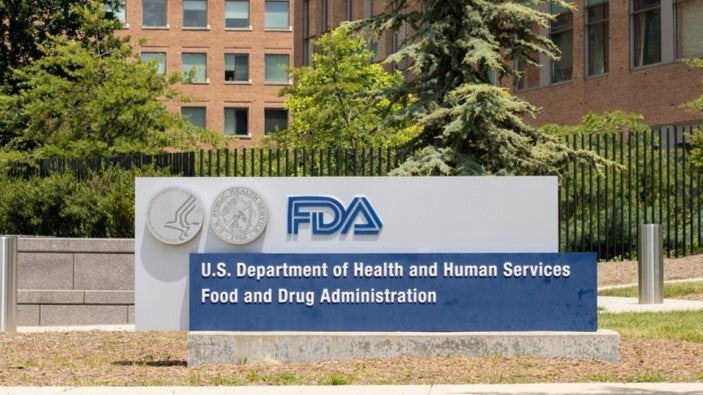US-based biotech company A2 Biotherapeutics (A2 Bio) has secured $80m in funding to advance its pipeline of chimeric antigen receptor (CAR)-T cell therapies for solid tumour cancers.
The Series C financing, backed by investors such as The Column Group and Samsara BioCapital, will support the company’s three clinical programmes and further development of its proprietary Imod platform technology.
CAR-T cell therapies have demonstrated significant success in treating blood cancers, with several approved therapies on the market. However, developing effective CAR-T treatments for solid tumours has been far more challenging.
A2 Bio aims to address these difficulties with its logic-gated cell therapies, designed to target cancer cells while sparing healthy tissue. This approach uses two receptors: an activator that identifies tumour-specific antigens and a blocker that binds to antigens on normal cells, preventing unintended damage.
The company is conducting two Phase I/II clinical trials under its EVEREST programme. EVEREST-1 (NCT05736731) evaluates A2B530, targeting carcinoembryonic antigen (CEA) for pancreatic, lung, and colorectal cancers. Both programmes utilise the BASECAMP-1 pre-screening study, which incorporates AI to identify eligible patients efficiently.
In March 2024, A2 Bio received the US Food and Drug Administration’s (FDA) orphan drug designation for A2B530 to treat colorectal cancer. This status brings development incentives for the company, including tax credits for clinical trial costs, prescription drug user fee exemptions and the possibility of up to seven years of market exclusivity upon regulatory approval.
Meanwhile, EVEREST-2 (NCT06051695) focuses on A2B694, targeting mesothelin (MSLN) for pancreatic, ovarian, lung, colorectal, and mesothelioma cancers, with up to 230 patients set to be enrolled.
A third CAR-T program, with an undisclosed target, is expected to begin this quarter. Unlike the first two programmes with autologous therapies – using a patient’s cells for therapy - the third programme is developing an “off-the-shelf” therapy using donor cells – known as allogeneic. This approach aims to overcome the scalability and manufacturing challenges associated with autologous CAR-T therapies.
The company’s Imod platform underpins A2 Bio’s cell therapy strategy. The Tmod platform’s dual-receptor design, comprising an activator that targets tumour cells and a blocker for normal cells, addresses the issue with other solid tumour cancer treatments. It acts by selectively targeting tumour cells while sparing healthy ones. This novel approach is designed to address a critical limitation of existing CAR-T therapies, particularly in solid tumours, which require more nuanced differentiation from normal tissues.















